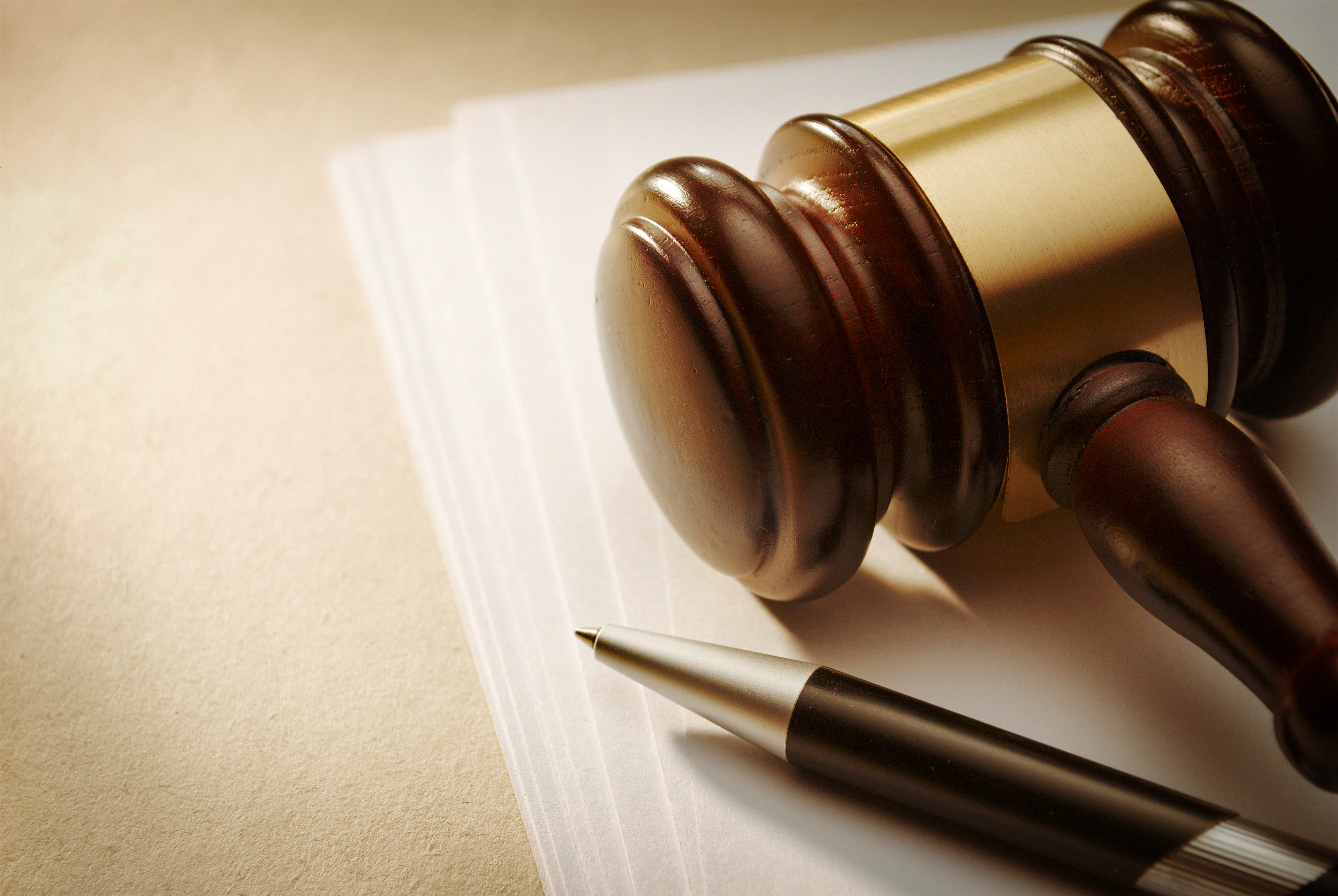Directors’ liability in Thailand
It is common nowadays for multinational companies to purchase directors & officers (D&O) liability insurances as part of their risk management. When things go wrong, it often happens that company directors and officers may find themselves named personally in civil lawsuits, criminal prosecutions or regulatory investigations. Further, being a director of a Thai company, particularly of listed companies, comes with certain duties, responsibilities and ultimately liabilities and Thai corporate law is no exception to this.
Understanding what types of directors’ liability of Thai companies can be subject to is therefore essential for directors or executives working in Thailand.
Director as Agent
In general, a director is not the company’s owner because the owners are the shareholders. The director is merely the company’s agent who acts for and on behalf of the company. The general implications that follow from this principal-agency relationship are that:
- the company shall be liable for any actions of the director if such actions are within the scope of their powers and duties (intra vires acts);
- if the director acts beyond such scope of powers and duties (ultra vires acts) and the company does not ratify such actions, the director shall be personally liable to third parties for such actions; and
- if the director wilfully or negligently breaches or omits any duty imposed by laws causing damage to the company, the director shall generally be personally liable to the company.
Civil Liability
Under Thai laws, there is no “fiduciary duty” concept as it is commonly understood in common law countries (e.g. England) where a director stands in a fiduciary relationship with his or her company. However, Thailand as a civil law country implicitly recognises certain features of fiduciary duties in the Thai corporate and principal-agency legislations and such duties have been observed and extensively applied by Thai courts. The core of these duties is that the director of the company (whether private or public) must act diligently, with due care and avoid conflicts of interest with the company as well as to ensure that the company complies with the laws of governance or corporate conduct.
Any breach of these duties could result in civil directors’ liability personally.
The civil proceedings can be brought against the director by the company itself, shareholders, creditors, customers or regulatory bodies, depending upon such factors as who is the injured party and what the nature of alleged breach is. It is not an unusual practice in Thailand for third parties to sue the directors (as additional defendants) at the same time as suing the company.
Criminal Liability
A company director can also be held criminally liable for his actions under a variety of Thai legislations which expressly provide for a director’s personal criminal liability for acts or omissions on behalf of the company. The scope of these legislations is sometimes broad and covers such matters as banking, insurance, corporate, labor, and tax. The criminal penalties can be imprisonment, fines or both. For example, Thai corporate laws on public and private companies impose a criminal liability for directors if they make any false statement or fail to keep a register of shareholders. The other example of criminal liability for directors is the Alien Employment Act which provides that the director of a company which employs a foreigner without work permits can be subject to imprisonment and/or fines.
This material has been prepared for general information purposes only and is not intended to be relied upon as professional advice. SBC Interlaw is a regional law firm with a reputation for providing the highest quality and result-driven legal services to both corporate and individual clients. To find out how our professionals can help you in this matter in Thailand, please feel free to contact us through the “Contact Us” button at www.sbcinterlaw.com or send an enquiry to our law firm in Thailand.
Sources:


